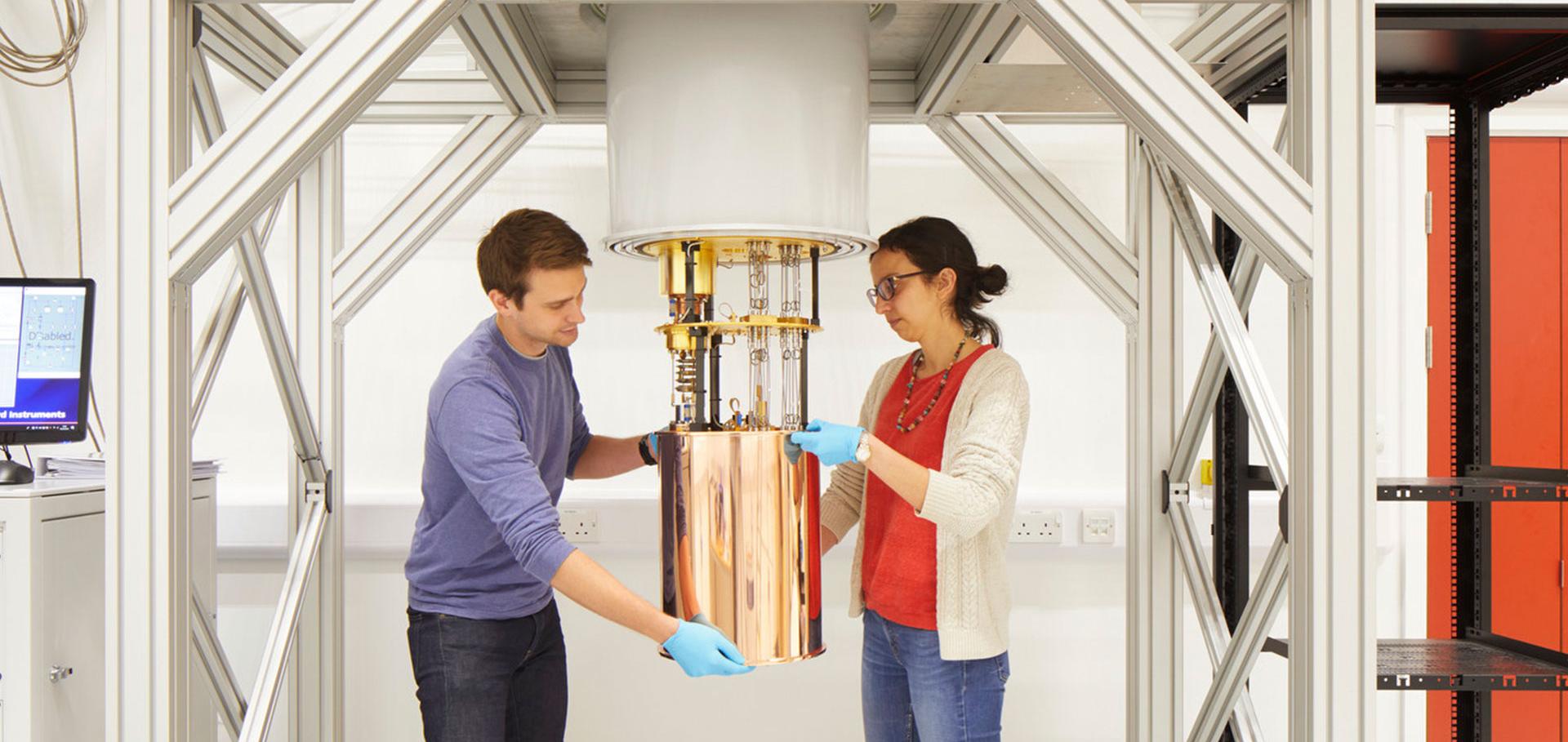The COVID-19 pandemic: impact on the molecular bioscience research community and beyond
The Biochemist Portland Press 43:2 (2021) 66-68
Understanding the impact of COVID-19 on early career molecular bioscientists
The Biochemist Portland Press 42:5 (2020) 74-75
Single-molecule imaging reveals control of parental histone recycling by free histones during DNA replication
Science Advances American Association for the Advancement of Science (AAAS) 6:38 (2020) eabc0330
Disorder drives cooperative folding in a multidomain protein
Proceedings of the National Academy of Sciences of the United States of America Proceedings of the National Academy of Sciences 113:42 (2016) 11841-11846


